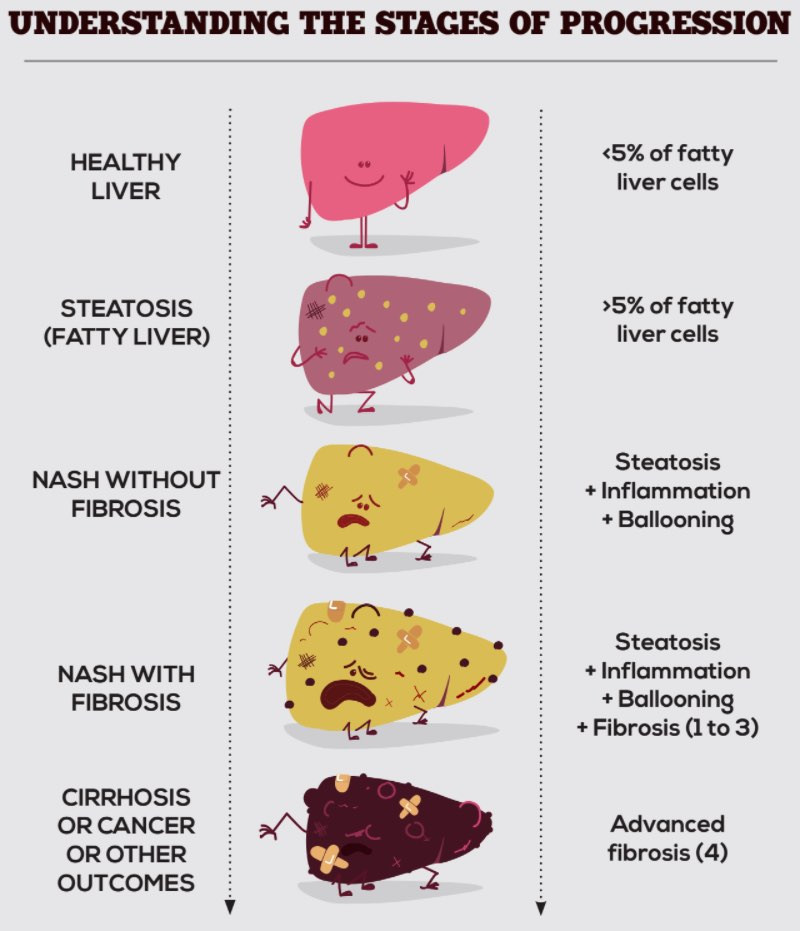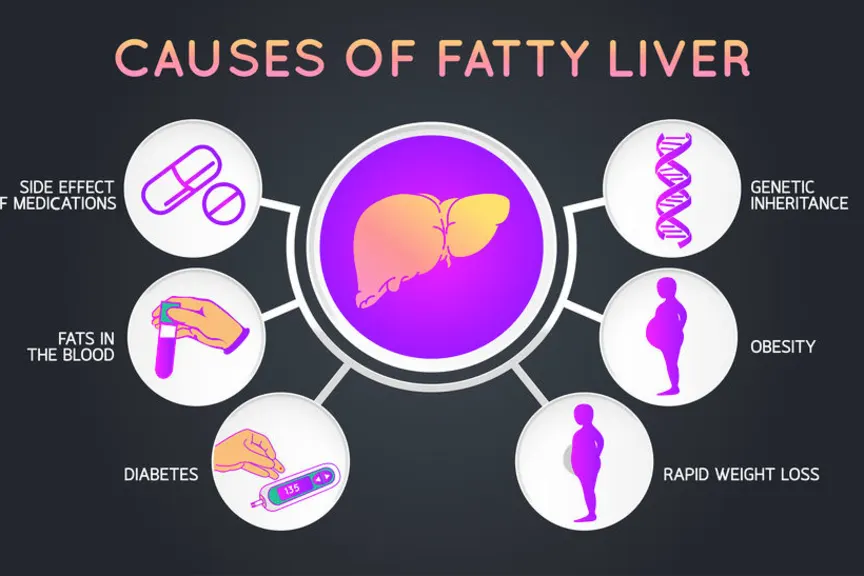
There are several types of fatty liver. The first is simple steatosis, an accumulation of fat in the liver. It is often mistaken for other diseases like diabetes, cirrhosis, or cancer. Chronic inflammation and scarring in the liver lead to fibrosis, which leads to cirrhosis. Both are incurable, but the first can be prevented with drastic lifestyle changes. In order to identify the severity of fatty disease, you’ll need to go for a test of your liver enzymes and function.
A physical exam is the first step in a diagnosis of fatty liver disease. Your doctor will check to see if there is an enlarged liver. He will also run tests to check your liver enzymes, which may be elevated. Elevated levels of these enzymes may be an indication of inflammation of the hepatic tissue. If you are experiencing any of these symptoms, you should visit a health professional as soon as possible.
Fatty liver treatment can be made more convenient with the advent of telemedicine technology. You can search for medical professionals near you online, book appointments, and even undergo video consultations with medical specialists. This type of technology allows patients to keep digital health records and track vital signs and symptoms. Your doctor will be able to access your information and recommend the right course of action for you. You’ll also benefit from the many health benefits telemedicine has to offer.
There are two types of fatty liver. The first type is alcoholic fatty liver. Only men and heavy drinkers are at risk for this type of fatty liver. Fortunately, women and people with certain genetic mutations are at an increased risk for developing this type of fatty-liver disease. For most people, alcoholic steatohepatitis is an unavoidable complication of alcoholism.
Depending on the type of fatty liver, it can be life-threatening and lead to complications. The best prevention method is a healthy lifestyle and nutrient-rich diet. You should also avoid alcohol and take appropriate medications to control your triglycerides and cholesterol levels. While fatty liver is a chronic condition, it is easy to reverse with lifestyle changes. You can even reduce the chances of developing a fatty liver by following a healthy diet and eating a balanced diet.

AFLP is a pregnancy-specific disease. It usually appears during the third trimester and presents serious health risks to both the mother and the baby. Your physician will want to deliver the baby as soon as possible. Although your liver will be normal after giving birth, it may need a follow-up check-up for a few weeks to avoid any complications. The AFLP condition is very serious and can result in kidney and even liver failure.
Among the different types of fatty liver, the most common is NAFLD. This type is not associated with alcohol consumption and can be treated with medications. However, it is more difficult to reverse than the alcoholic fatty liver. It may progress to steatohepatitis and necrotizing hepatitis. If left untreated, it can cause irreversible damage to the organ. This type of fatty liver can lead to many other health complications.
Fatty liver causes include consuming too much alcohol. It is a condition in which the body’s fat cells do not work effectively. As a result, it stores fat in the liver. When it reaches the stage of cirrhosis, the organ becomes unable to function properly. If it develops, it may lead to the development of cancer in the liver. It can even cause an individual to suffer from a higher risk of getting hepatic encephalopathy than they do.
Besides being an affliction, fatty liver can also be a symptom of an underlying disease. If you have one or more of these symptoms, your doctor will likely suggest that you are suffering from fatty liver. You should see a doctor immediately if you suspect you have a fatty or nonalcoholic steatosis. He will need to perform a physical examination to diagnose fatty liver.
When the buildup of fats in the liver causes steatosis, the liver becomes unable to function properly. Eventually, the condition leads to hepatic stenosis, a condition in which the blood vessels around the liver become narrowed. It may even lead to cirrhosis and liver cancer. Because the symptoms of fatty hepatitis are vague, it’s important to consult a doctor to rule out other conditions.
